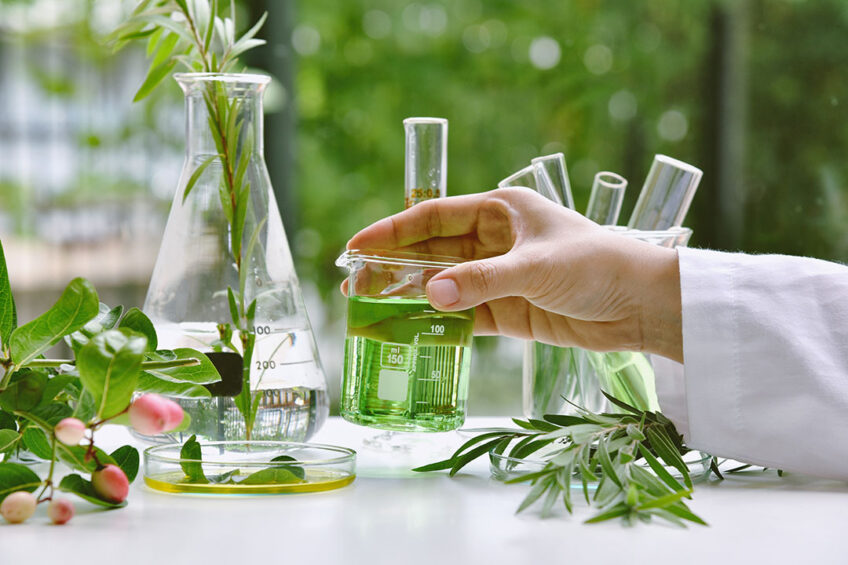Phytogenics improve pig performance and sustainability

Phytogenics are natural additives that have many benefits. But which ones exactly? This article sums up a range of benefits that was found in a literature study by Chinese researchers.
In an attempt to get an up-to-date overview, a group of Chinese researchers embarked to create a summary of what is known. Whilst the study, which was published in the peer-reviewed title Animal Nutrition in 2024, focused on all types of livestock, this editorial article solely sums up the main conclusions about pigs.
Phytogenics are natural compounds with beneficial properties such as antimicrobial, antioxidant, anti-inflammatory, and immunomodulatory activities. In addition, phytogenics improve growth, reproduction performance and health status, and reduce methane and ammonia emissions. This is why phytogenics can be used as a safe feed additive to increase the sustainable development of pig husbandry.
Impact on growth performance in pigs
Phytogenic feed additives are widely used as growth promoters in pig diets to improve production efficiency. Studies have shown that a mixture of herbal extracts of buckwheat, thyme, curcuma, black pepper and ginger increases feed intake and the growth performance of pigs. An herbal blend of benzoic acid and thymol, eugenol and piperine essential oils promotes piglet growth performance by improving average daily gain, average daily feed intake, apparent total tract digestibility of nutrients and energy.
In addition, dietary supplementation of commercial phytogenics in sows during gestation/lactation increases litter size, live births, and the composition and bioactivity of colostrum and milk, thus improving offspring health and performance. It is also seen that adding thymol and cinnamaldehyde in the diet of weaned piglets enhances body weight gain, thus improving performance.
With regard to reproductive performance, dietary inclusion of Eurycoma longifolia, Tribulus terrestris and Leuzea carthamoides improves semen quality in boars.
Impact on health status
In pigs, dietary supplementation of red pepper essential oil increases the relative abundance of Lactobacillus and reduces the incidence of diarrhoea. Diets containing essential oils of eugenol, thymol and piperine combined with benzoic acid decrease the relative abundance of pathogenic bacteria such as Campylobacter and Escherichia-Shigella, thus improving gut health in weaned piglets.
In addition, thymol and cinnamaldehyde reduce inflammatory mediator levels and increase the lymphocyte proliferation rate, phagocytic rate, and IgA and IgM levels in the plasma of weaning pigs.
Impact on methane and ammonia emissions
Yucca extract reduces faecal odour and ammonia emissions on pig farms by reducing the activity of gut urease and urea cycle enzymes.
Last but not least, dietary supplementation with essential oils from cinnamaldehyde, thymol and carvacrol in growing pigs decreases the emissions of ammonia and total faecal nitrogen by inhibiting microbial protease and urease activities.
The article in Animal Nutrition was authored by Jing Wang, Meixia Chen, Lu Li, Longlong Zhu and Tao Feng, Beijing Academy of Agriculture and Forestry Sciences; Lufang Deng, Beijing Sanyuan Breeding Technology, Beijing, China; and Yuyan Che and Guoshun Chen, Gansu Agricultural University, Lanzhou, China. Researcher Li is also attached to the Hebei University of Engineering, Handan, China; researcher Zhu is also attached to the Henan University of Science and Technology, Luoyang, China.







